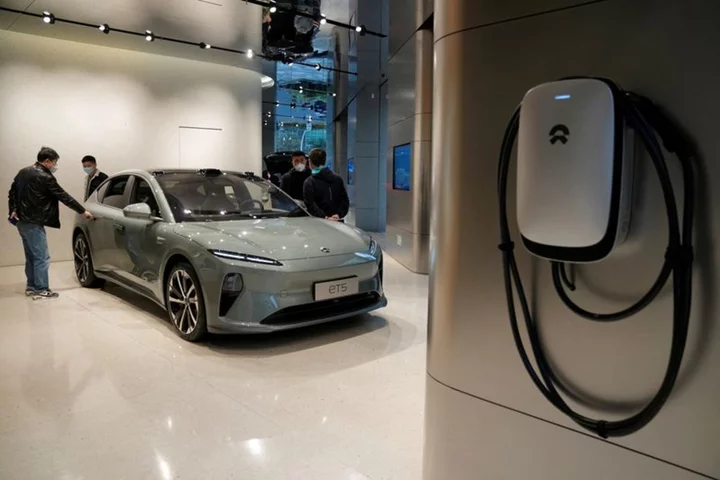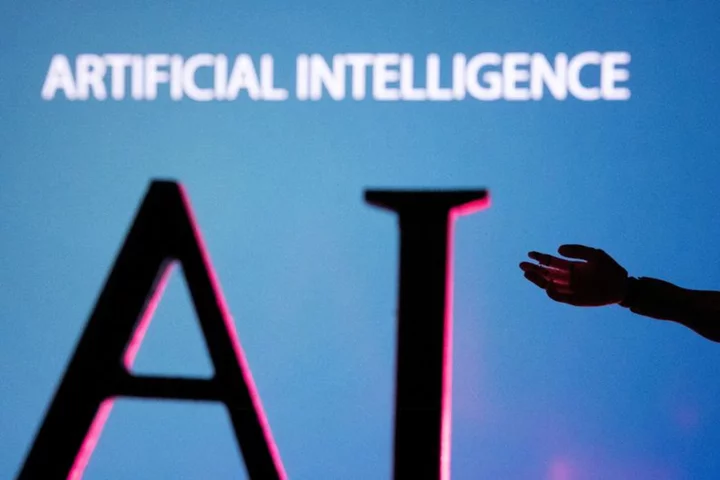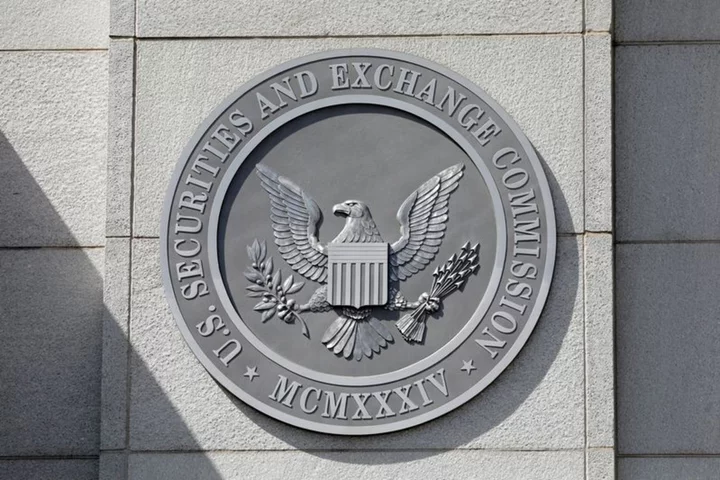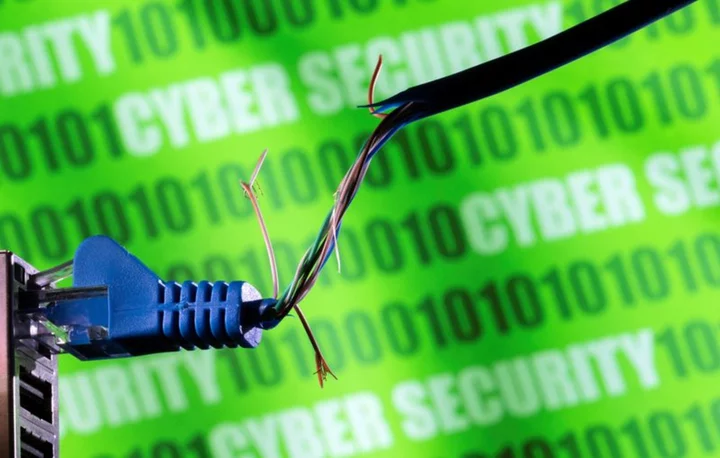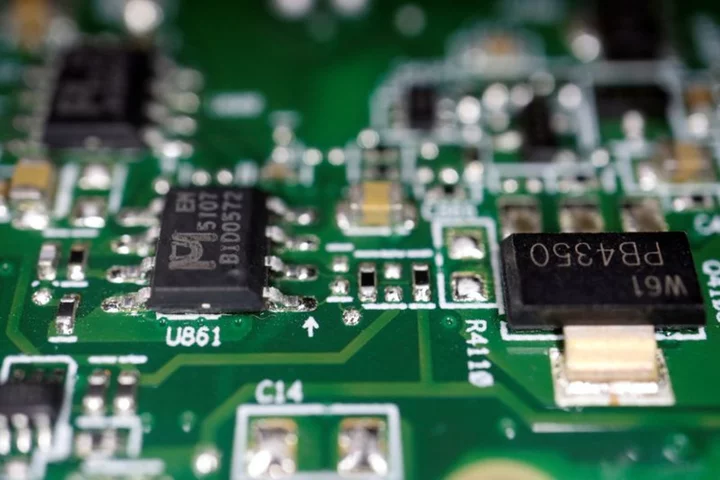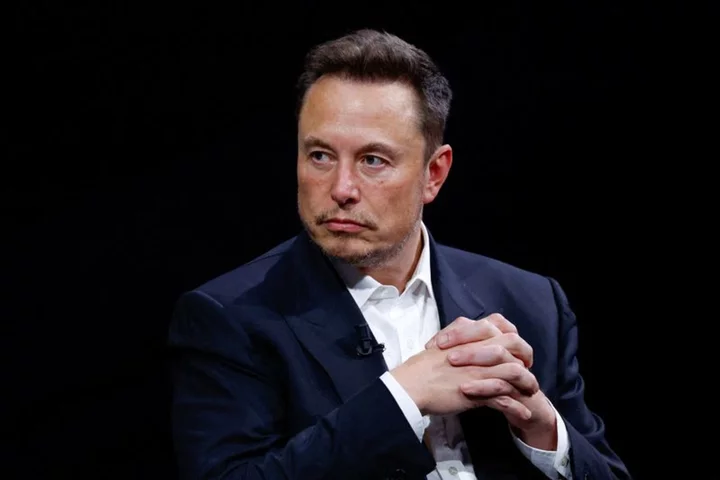By Philip Blenkinsop
BRUSSELS The European Commission launched an investigation on Wednesday into whether to impose punitive tariffs to protect European Union producers against cheaper Chinese electric vehicle (EV) imports it says are benefiting from state subsidies.
"Global markets are now flooded with cheaper electric cars. And their price is kept artificially low by huge state subsidies," European Commission President Ursula von der Leyen said in her annual address to the bloc's parliament, seen by many in Brussels as a pitch for her re-appointment for a second term.
The Commission will have up to 13 months during its anti-subsidy investigation to assess whether to impose tariffs above the standard 10% EU rate for cars.
Political and trade tensions between China and the EU have been growing recently and many of the EU's members have been trying to reduce their reliance on the world's No. 2 economy.
European carmakers have realised they have a fight on their hands to produce lower-cost electric vehicles and erase China's lead in developing cheaper, more consumer-friendly models.
Chinese EV makers, from market-leader BYD to smaller rivals Xpeng and Nio, are stepping up efforts to expand overseas markets as competition intensifies at home and domestic growth eased. China's auto exports surged 31% in August following a 63% jump in July, according to the China Passenger Car Association (CPCA).
The average retail price of a Chinese-brand electric car in Germany was 29% lower than the average for non-Chinese EV models, not counting incentives or discounts, according to Jato Dynamics, falling to 32% lower in France and 38% in the UK.
Of new EVs sold in Europe this year, 8% were made by Chinese brands, up from 6% last year and 4% in 2021, according to autos consultancy Inovev. Popular Chinese models exported to Europe include SAIC's MG and Geely's Volvo brand.
Shares of Chinese EV producers fell after the EU announcement. BYD shares, which were trading 4.5% higher before the news, closed down 2.8%, while Nio fell 1% and Xpeng dropped 2.5%.
Shares in Europe's carmakers - Volkswagen, BMW and Mercedes Benz and Stellantis - got a brief, early boost on the news before erasing most of the gains. VW was up 0.3% while Stellantis was down 0.5% at 1050 GMT.
GRINDING GEARS
An influx of cheaper Chinese electric vehicles has already prompted some European carmakers to take action, such as Renault's announcement in July that it aimed to slash production costs for its electric models by 40%.
Like other EV makers, France's Renault also faces increased pressure from U.S. rival Tesla, which has cut prices several times this year even as that has eaten into its margins.
But Germany's auto association, the VDA, said the EU must take into account possible backlash from China to such an investigation, and that policymakers should focus on creating the conditions for European players to succeed on their own turf - from lowering electricity prices to reducing bureaucratic hurdles.
Germany's car industry relies on China for a large proportion of its sales revenue and has long advocated for keeping trade doors open.
Von der Leyen stressed the importance of electric vehicles to the EU's ambitious environmental objectives.
"Europe is open to competition. Not for a race to the bottom," she told the European Parliament.
Von der Leyen said the EU did not want to repeat the experience of its solar panel industry, which was decimated by cheaper Chinese imports around a decade ago.
"This is the start of a long journey," said analyst Simone Tagliapietra of think tank Bruegel. "It could ultimately work, but this must go in parallel with an active industrial policy to make sure EU industry quickly develops its competitiveness."
Chinese state subsidies for electric and hybrid vehicles were $57 billion from 2016-2022, according to consulting firm AlixPartners, helping China become the world's biggest EV producer and to pass Japan as the largest auto exporter in the first quarter of this year.
China terminated a generous 11-year subsidy scheme for EV purchases in 2022 but some local authorities have continued to offer aid or tax rebates to attract investments, as well as subsidies for consumers.
The founder of Nio warned in April that Chinese EV makers should brace for possibility that foreign governments would impose protectionist policies.
He estimated his company and Chinese peers had a cost advantage of as much as 20% over rivals such as Tesla thanks to China's grip over the supply chain and raw materials.
Kingsmill Bond, senior principal in the strategy team at the Rocky Mountain Institute, said Chinese producers were benefiting from EV battery prices of $130 per kilowatt hour, against a global price of $151 in 2022.
(Reporting by Foo Yun Chee and Philip Blenkinsop; additional reporting by Kim Miyoung, Brenda Goh, Anne Marie Roantree, Nick Carey, Kate Abnett; editing by Gabriela Baczynska and Louise Heavens)

